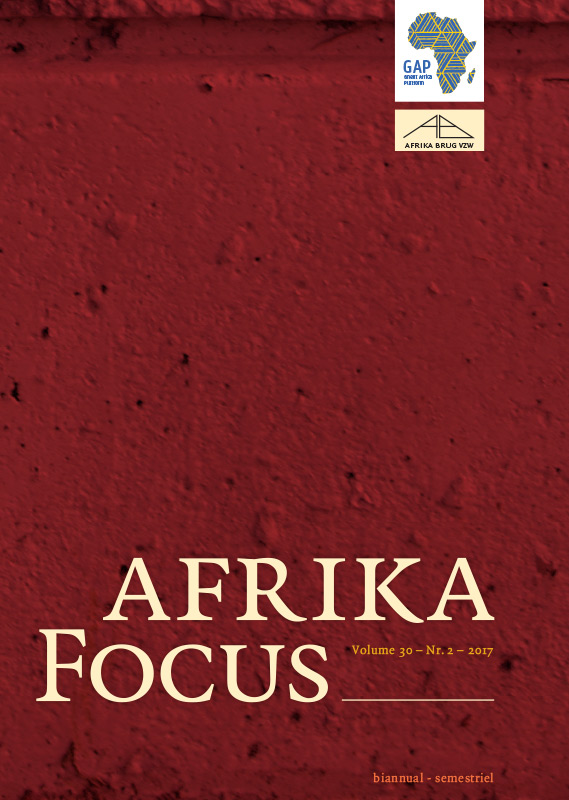Maternal mortality in Ethiopia: can a rights-based approach cure?
DOI:
https://doi.org/10.21825/af.v30i2.8018Abstract
Preventable maternal death as a human rights concern is gaining greater momentum. This article examines the normative framework applying to maternal mortality, and highlights the important link that exists between women’s right to health and several other rights. It then discusses the differing, yet complementary, aspects of the nature of women’s right to health as a right relevant to shaping a human rights approach to maternal mortality, namely: achieving health-care services that are available, accessible, acceptable, and of high quality; engagement of civil society organisations in the promotion and protection of women’s health rights; and ensuring functioning accountability mechanisms. Even though the country recognises the right to health and other complementary rights in its current constitution, and also subscribes to numerous human rights instruments that incorporate the right to health, which equally apply to women, the article finds that there is a selective approach to women’s access to health goods and services; the room for mobilising civil society is restrictive; and an inefficient accountability system exits. Relying on the requirements of human rights norms and standards, the article argues for the potential role of operationalisation of the rights-based model to further reducing or eliminating maternal mortality in the Sustainable Development Goals period. Key words: human rights, maternal health, maternal mortality, rights-based approach to healthDownloads
Published
How to Cite
Issue
Section
License
Authors who publish with this journal agree to the following terms
Authors retain copyright and grant the journal right of first publication with the work simultaneously licensed under a Creative Commons Attribution License that allows others to share the work with an acknowledgement of the work's authorship and initial publication in this journal.
Authors are able to enter into separate, additional contractual arrangements for the non-exclusive distribution of the journal's published version of the work (e.g., post it to an institutional repository or publish it in a book), with an acknowledgement of its initial publication in this journal.
Authors are permitted and encouraged to post their work online (e.g., in institutional repositories or on their website) prior to and during the submission process, as it can lead to productive exchanges, as well as earlier and greater citation of published work (See The Effect of Open Access).


